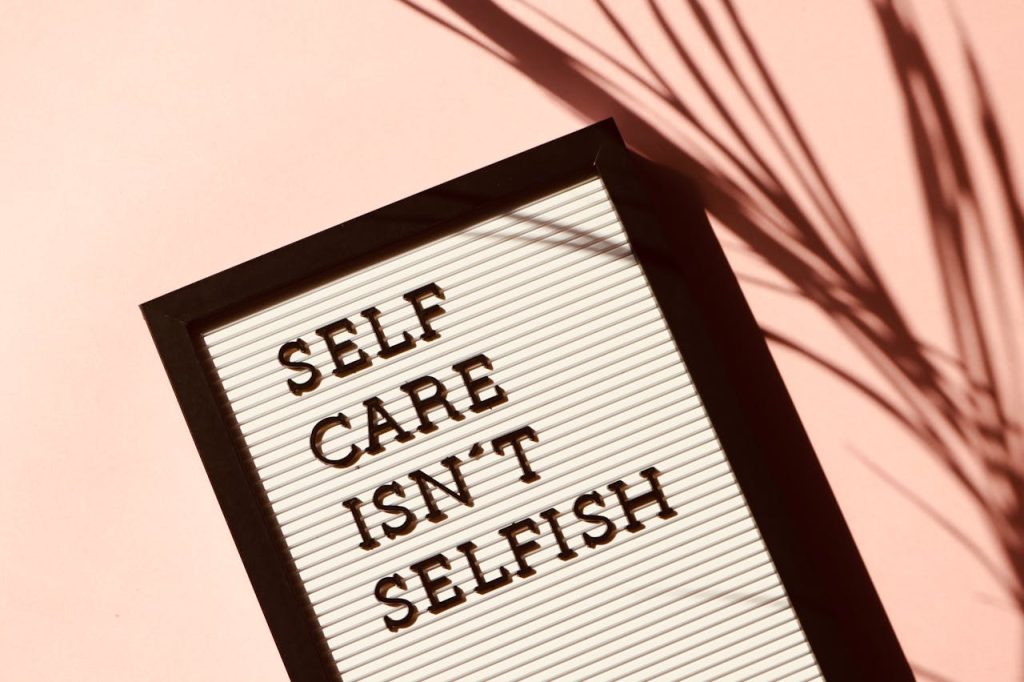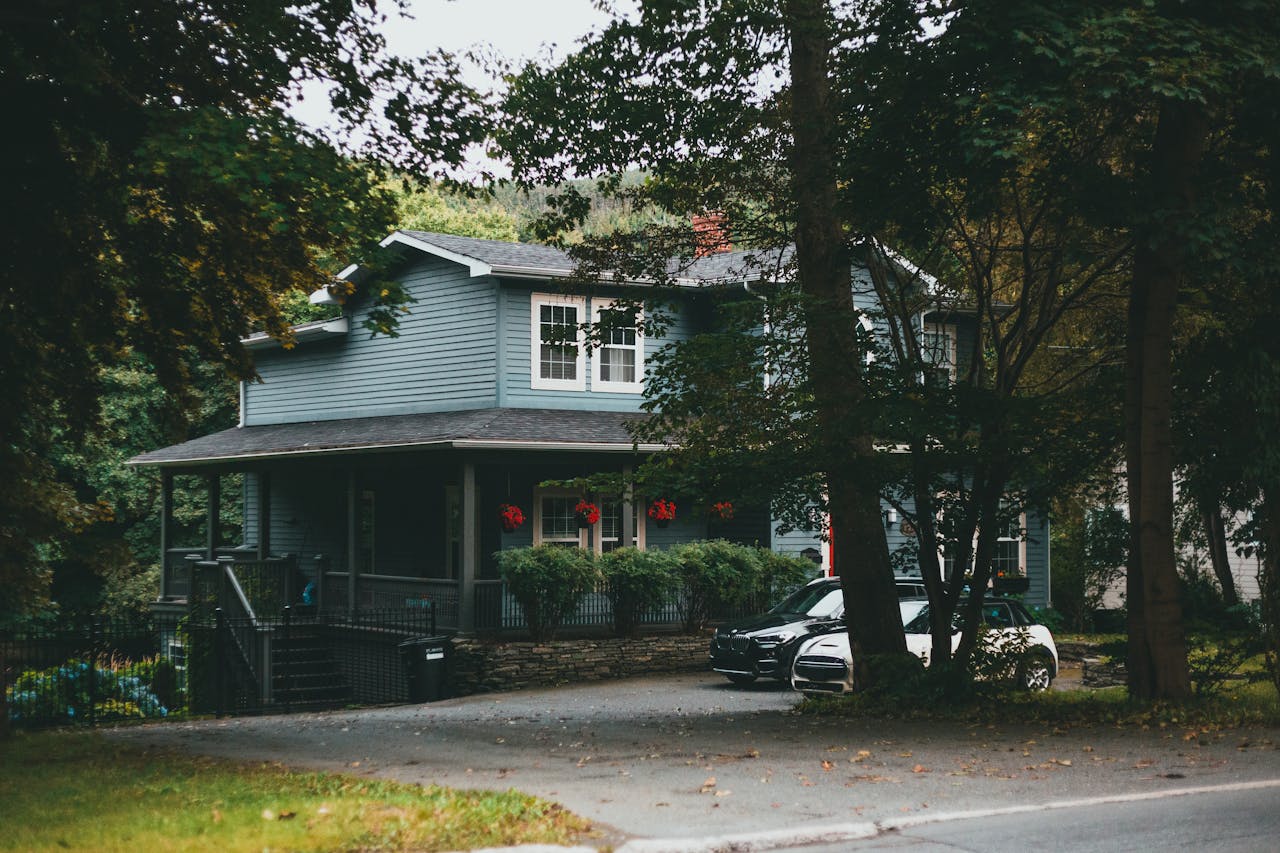In today’s fast-paced, high-pressure world, the term “self-care” is often misunderstood or reduced to superficial activities. But at Koda House Inc., a trauma-informed, community-rooted nonprofit based in Manchester, Ohio, we understand that self-care is far more than a buzzword—it is the foundation upon which meaningful healing, personal transformation, and long-term resilience are built. For the individuals we serve—veterans with PTSD, survivors of abuse, those recovering from addiction or aging out of foster care—self-care is often the first act of self-acceptance after years of survival.
Understanding what self-care truly means, why it’s essential, and how to integrate it into daily life is vital not only for individuals on healing journeys, but for anyone committed to living intentionally, building community, and supporting others. In this post, we explore how self-care becomes a revolutionary practice of healing and growth at Koda House—and how you can apply these insights to your own life and community.
What Self-Care Really Means
Self-care is often confused with luxury or self-indulgence. But true self-care is neither of those things. It is the intentional act of preserving or improving one’s physical, emotional, and psychological well-being. For those who have endured trauma, it can also be the first time they’ve felt worthy of attention and care.
At Koda House, we see self-care as a rebuilding tool—a way to restore one’s sense of agency and reconnect with one’s body and mind after prolonged stress or crisis. It’s not always glamorous. Sometimes it means getting out of bed. Sometimes it means setting a boundary. Sometimes it means reaching out for help, even when that feels terrifying.
For our residents, learning self-care is often a journey of unlearning shame, cultivating self-compassion, and understanding that healing requires tending to the whole person—body, mind, and spirit.
Self-Care as a Trauma-Informed Practice
For individuals who have experienced trauma, the nervous system is often stuck in a loop of hypervigilance or dissociation. That’s why trauma-informed self-care looks different than what mainstream culture portrays. At Koda House, we begin with grounding techniques, breathwork, and body-awareness exercises to help individuals reclaim a sense of safety in their own skin.
We also incorporate nature-based therapy and mindfulness to foster calm and connection. Whether it’s gardening, walking through the woods, or sitting in silence under an open sky, these practices help residents slow down and re-regulate. Over time, we teach skills like meal planning, financial literacy, and healthy sleep routines—basic but transformative acts of daily self-respect.
Importantly, self-care is not a rigid checklist. It’s about helping each person discover what nurtures their own healing and encouraging them to return to those practices with kindness and consistency.
Why Self-Care Is a Collective Responsibility
While self-care starts with the individual, it thrives within a supportive community. One of the most radical aspects of Koda House’s model is the recognition that healing doesn’t happen in isolation—it happens in relationship.
That’s why we include community-based mentorship, shared meals, peer-led support circles, and collaborative service projects as part of our programming. Residents not only receive care—they also learn how to give it, creating a cycle of mutual respect, trust, and empowerment.
This teaches a crucial truth: When people feel cared for, they begin to care for others. This is how healing ripples outward—from one person, to a household, to an entire community.
Building a Personal Self-Care Framework: Practical Tips
Whether or not you’re part of a program like Koda House, anyone can build a self-care practice that fits their needs. Here’s how:
1. Start Small and Stay Consistent
Begin with something manageable: 5 minutes of quiet in the morning, a short walk after lunch, a glass of water when you wake up. Self-care isn’t about perfection—it’s about presence.
2. Create Routines That Anchor You
Routines create a sense of safety and predictability, especially for trauma survivors. Even simple rituals like stretching, journaling, or a bedtime wind-down can be powerful tools for nervous system regulation.
3. Set Healthy Boundaries
Protecting your energy is self-care. Learning to say no—or not right now—is essential for maintaining your well-being. At Koda House, we teach boundary-setting as a core life skill, and it often becomes one of the most empowering shifts residents experience.
4. Seek Connection, Not Just Solitude
While solitude can be healing, community care is equally important. Reach out. Join a support group. Call a friend. Volunteer. Healing accelerates when it’s shared.
5. Practice Compassion When You Fall Short
Some days, you’ll feel too overwhelmed to follow your plan. That’s okay. Self-care includes forgiving yourself and trying again tomorrow. Consistency matters more than intensity.
How You Can Support Self-Care in Others
As a society, we need to normalize and support self-care—not just with words, but with actions. Here’s how you can help create a culture where self-care is respected:
- Advocate for mental health access in your community
- Offer non-judgmental support to people in your life
- Model healthy behaviors so others see self-care as a strength, not a weakness
- Support organizations like Koda House that make healing accessible to the most vulnerable
- Educate yourself on trauma, resilience, and the real meaning of recovery
Final Thought: Healing Begins With You
At Koda House Inc., we believe that self-care is not selfish—it’s sacred. It’s the daily declaration that your life is worth nurturing, your pain is worth healing, and your presence in this world matters.
Whether you are recovering from trauma, facing uncertainty, or simply navigating the weight of everyday life, know this: you have permission to take care of yourself. Not later, not when things are easier—now.
Because when we take care of ourselves, we create a foundation strong enough to support others. And in doing so, we begin to build the kind of world we all deserve to live in.



